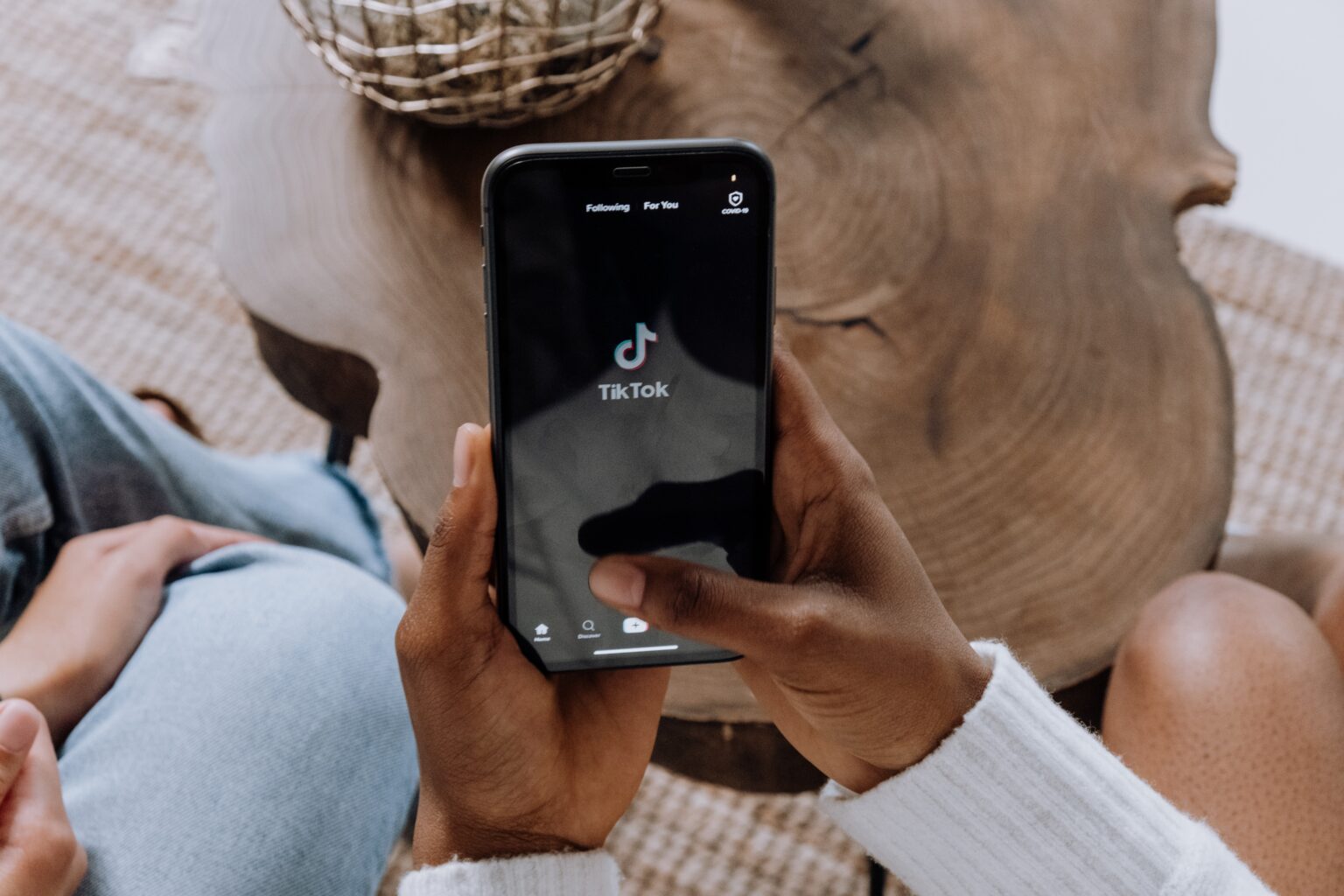TikTok’s Singaporean head honcho faced five hours of questions from a US Congress that appeared sceptical and wary of the social media platform today, as an American ban on the app looked a real possibility.
Already, the US government has told its employees to remove the TikTok app, used by 150 million in the country, on national security fears. The same has happened in Britain, Denmark, New Zealand and other countries. India permanently banned the app for everyone in the country in 2021.
How did an app that’s known for short videos of Gen Z dancing or folks cooking up some newfangled viral recipe become embroiled in great-power rivalry?
Should users be worried about the security concerns brought up by these countries’ governments that believe TikTok is closely tied to the Chinese Communist Party in Beijing?
Here are five questions to ask:
1. Why are some governments worried about TikTok?
For years, there has been suspicion – fairly or not – of Chinese technology companies being under the control of the Beijing government.
The high-profile troubles with Huawei, which has been banned from selling 5G equipment to many Western countries, is one example.
Now, the US government is worried that TikTok could be used to influence public opinion (think of how Facebook was used to help Donald Trump win the US election in 2016).
It is also worried TikTok can be used to steal data on users and to track where they have been or what they do with their phones.
Are these fears justified? You can say that most social media apps – and mobile apps, in general – collect a lot of data and have a potential to influence how people think by feeding them different types of news and information.
American Big Tech firms Google, Meta and Microsoft, as you’d expect, have also been under scrutiny by lawmakers around the world, including in Singapore.
However, one important thing that separates TikTok from these other firms is its Chinese parent company, ByteDance, which made its name with a similar version of TikTok called Douyin in China.
2. Wait, who really owns TikTok?
TikTok is a Singapore-headquartered company, as chief executive Chew Shou Zi told the US Congress just hours ago. It is not owned by the Chinese government nor does has it provided information to that government, he said.
What he didn’t say is that TikTok only moved to Singapore in 2020. The TikTok service was created by ByteDance for the international market after the success of the Chinese app Douyin in its home market. In short, China-based ByteDance is the parent company and still owns TikTok.
For those who are wary, this raises some difficult questions, which Chew also found tough to navigate during the sometimes-antagonistic questioning in Congress.
One thing that Chinese technology companies cannot avoid is a national security law in the country that compels them to release data to the government when they are asked to. This worry isn’t based on a conspiracy theory but rooted in China’s National Intelligence Law from 2017.
In other words, even if ByteDance doesn’t want to, it is bound by law to give up information to the Chinese government when told to.
It doesn’t help that Beijing has been moving in recent years to tighten control on homegrown technology firms. The government has taken up stakes in these companies and made use of special management shares that give it more voting rights.
Now, each country has its security laws that often compel any company to share information. However, usually this would involve a judicial process, which TikTok’s critics believe is less transparent in China than other countries.
US tech firms, for example, have fought and won court cases against government requests to share information. Can ByteDance do the same in China?
3. What is TikTok doing to protect users from the prying eyes of a government?
Chew and TikTok have made commitments to erect a firewall between TikTok and its China-based parent company. It’s already in the process of bringing data from US users into the country and using Oracle’s cloud service to store that data.
This US$1.5 billion effort promises to ensure that the data is protected by US law. This approach is a fair attempt to allay fears that TikTok’s data can be used by its ByteDance parent to track or target US users.
The question is whether it goes far enough. Will TikTok need to be sold by ByteDance or fully separate from its parent, as some in the US government are asking? Will that rather draconian measure even be enough? Trust, let’s not forget, takes years to build and is lost in an instant.
Just three months ago, four ByteDance employees were fired for using the TikTok app to track two journalists from BuzzFeed News and the Financial Times as they sought to find the source of a leaked report about the company. No, that doesn’t look good.
4. Should I care if I’m just creating TikTok videos for fun?
Alright, you may not be a journalist, a Chinese dissident or a high-profile politician. Should you be worried about just taking videos of yourself having a great time with friends over a weekend?
As with much of today’s technology, being a bit more careful is a good thing.
Big Tech firms, whether it’s Meta or TikTok, exist to profit from users’ data so the more you share, the easier they can target you with advertising through your online patterns and habits.
If you are comfortable with that and if your content is nothing to be hidden from public view, then alright, perhaps all this worry is not for you. That said, it is prudent to exercise care even if you do not think your posts are of concern now.
Ample examples exist of users who have been called out for their old posts that may not have been controversial at the time but were years later. Prince Harry with a Nazi uniform and Canadian prime minister Justin Trudeau in blackface come to mind.
And this isn’t just for those who are in “sensitive” positions. Even if you’re “just” an employee in a regular company, you may have access to confidential documents or other corporate secrets that may be valuable to others.
Last year, an engineer at LastPass, a service that offers to save passwords securely for users, had his or her home computer targeted and hacked after failing to update a media streaming application (Plex).
This eventually led to hackers stealing access to LastPass’ partially encrypted password vault data and customer information. Yes, all because an employee wasn’t careful enough with a piece of software he or she had used privately.
5. Should I delete TikTok?
If you have reason to worry that you might be a target of China’s security services – not most people – then surely, TikTok isn’t a risk you want to take. There are other ways to share videos.
If you are in the military or government, it might also be a good idea to be wary of not just TikTok but other mobile apps that could potentially collect private data.
There is good reason why even Singapore, which has tried to adopt a neutral stance in this great-power rivalry, only lets its government officers use TikTok and other apps when they need to.
For most other users, who don’t want to lose their TikTok connections, there are ways to limit access for the app. Well, any mobile app, actually.
Just make sure that the permissions you grant it are things you are comfortable with. Should it have access to your contacts, for example? Turning that off would mean a lesser experience, sure, but it’s important to weigh up risks as users.
Another alternative, as the Washington Post advises, is to set up an anonymous account or one that doesn’t link to your personal or work life online. That is one “firewall” that you can create yourself.
And finally, you can always still view those videos of people practising their dance moves or talking about their latest outfits via a Web browser. Yes, preferably in incognito mode.



